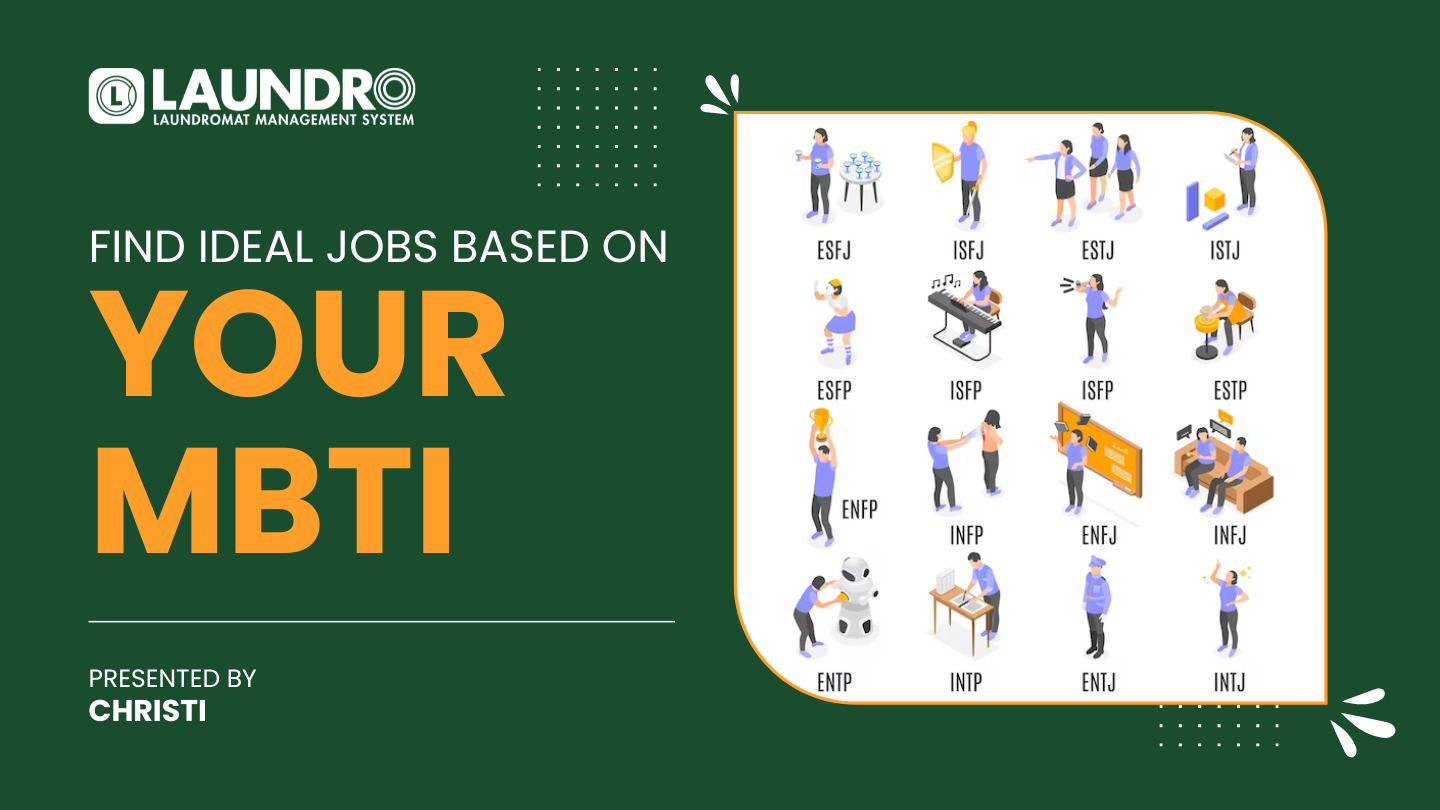
Finding a job that allows you to leverage your personality qualities might make your employment lot more enjoyable. Unsurprisingly, businesses and professionals have been determining whether an applicant is qualified for a position using the MBTI exam for decades.
The Myers-Briggs personality test is a popular approach to learn more about yourself; it determines if you are an introvert or an extrovert, among other things. Given that some have questioned the validity of the assessment, the Myers-Briggs scale shouldn’t be a single consideration in your job decision. However, it might be a pleasant approach to discover more about yourself.
What Is the Myers-Briggs Type Indicator?
The test was created by Isabel Briggs Myers and her mother, Katharine Briggs, during World War II to assist women who were first entering the industrial workforce in locating professions that suited their personality types. The Psychological Types personality test is based on the beliefs of Swiss psychiatrist Dr. Carl Jung.
In order to determine their personality type, test-takers choose one of the four traits (sometimes referred to as a scale or dichotomy) from the following four categories that best describes them:
Sensing (S) or Intuition (N)
Thinking (T) or Feeling (F)
Judging (J) or Perceiving (P)
Introversion (I) or Extraversion (E)
One letter is taken from each category and coded into a four-letter test result, such as “ENFP” for “Extraversion, Intuition, Feeling, Perceiving.”
What Are the 16 MBTI Personality Types?
There are 16 possible letter combinations resulting in 16 personality types, and each combination of traits gives rise to different strengths, weaknesses, ways of perceiving the world, and interacting with others.
Step-by-step Guide to Choosing Your Next Career
While finding the right job is a key determinant of your happiness and financial security, you’re under no obligation to stick with one career path for life. In reality, most people stumble into their “calling” through trial-and-error, after spending years in different roles and industries. Selecting a career based on Myers-Briggs can be helpful, but there are also a number of other things you should consider.
Step 1: Evaluate your strengths and limitations.
Candidates for jobs are asked about their strengths and flaws during interviews to gauge their self-awareness and sincerity, as well as to determine whether they would be successful in the position, enjoy their work, and fit in with the team. Always keep in mind that getting the appropriate employment is a matter of mutual fit. Your search for a position that best utilizes your abilities can be aided by investigating careers based on your Myers-Briggs personality type.
Step 2: Determine your objectives.
Since most of us see our work as a pathway to self-actualization, your long-term goals and your values are likely to be closely related. Consider your expectations for yourself as a professional in more detail. Knowing your objectives can help you choose the best career path as well as the sectors and business models you’ll like working for.
Step 3: Consider your technical abilities.
The majority of people choose a career that complements their official degree or training. Make a list of the technical talents you lack if your technical skill set is incompatible with the requirements of your ideal career. Others can be studied through tutorials, quick courses, or online bootcamps, while some can be self-taught. You can decide to volunteer or take up an internship to get real-world experience.
Step 4: Think about your soft skills and natural talents.
Having soft skills is crucial for any career. Most jobs involve some level of communication, problem-solving, cooperation, and client involvement. Think about the soft skills you now possess and the ones that are required in the industry or future workplace you’re interested in.
Step 5: Consider your own personal interests.
If you’re seeking for an enjoyable profession, your interests are worth considering whether or not they align with your existing skill set. What naturally stimulates your curiosity? What do you like to do in your spare time? Your passions are a good predictor of the kind of career you’ll enjoy most. Finding out who you are outside of work is the simplest approach to determine your personality type.
Curious about your true personality? Try this test to find your personality type for free!

